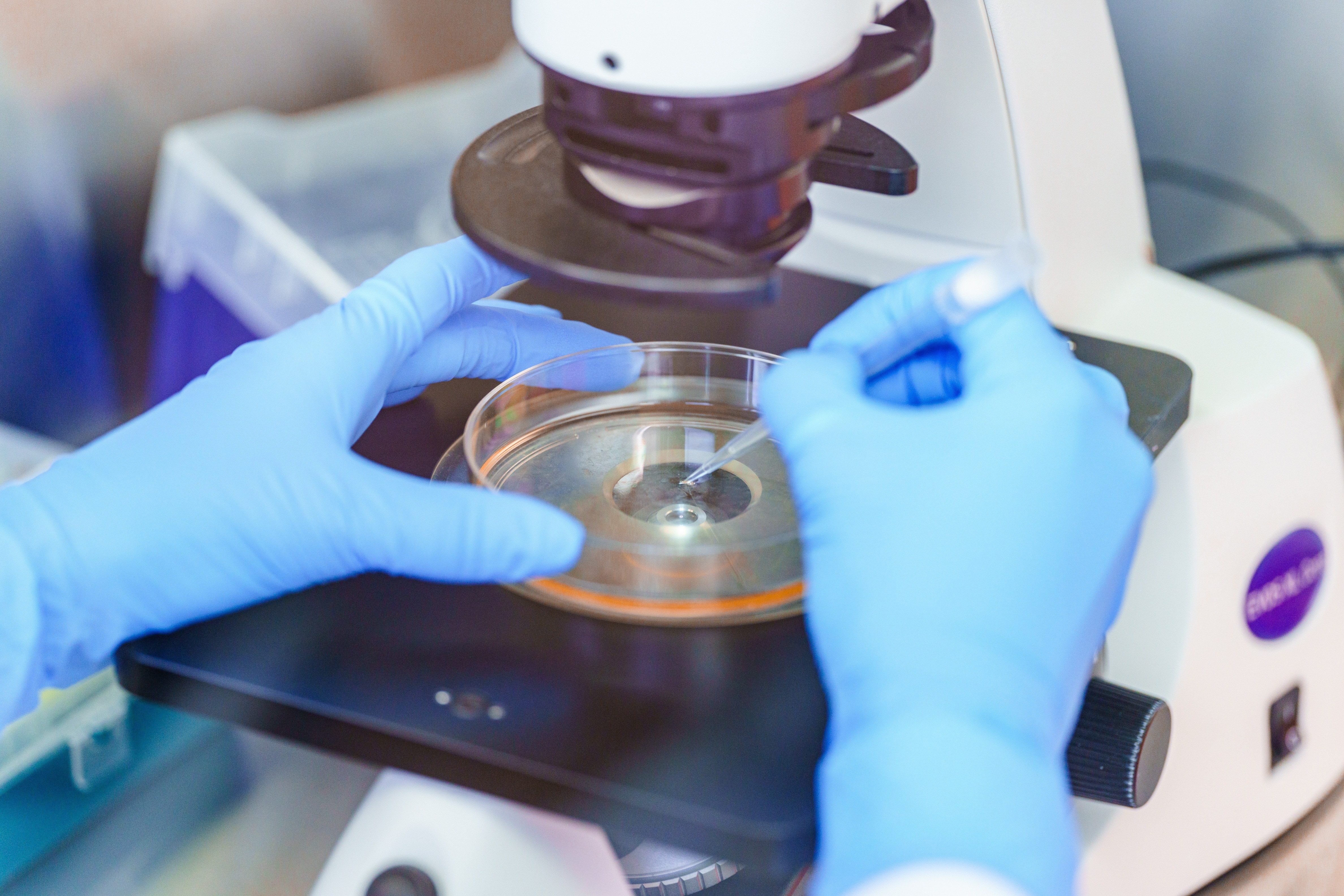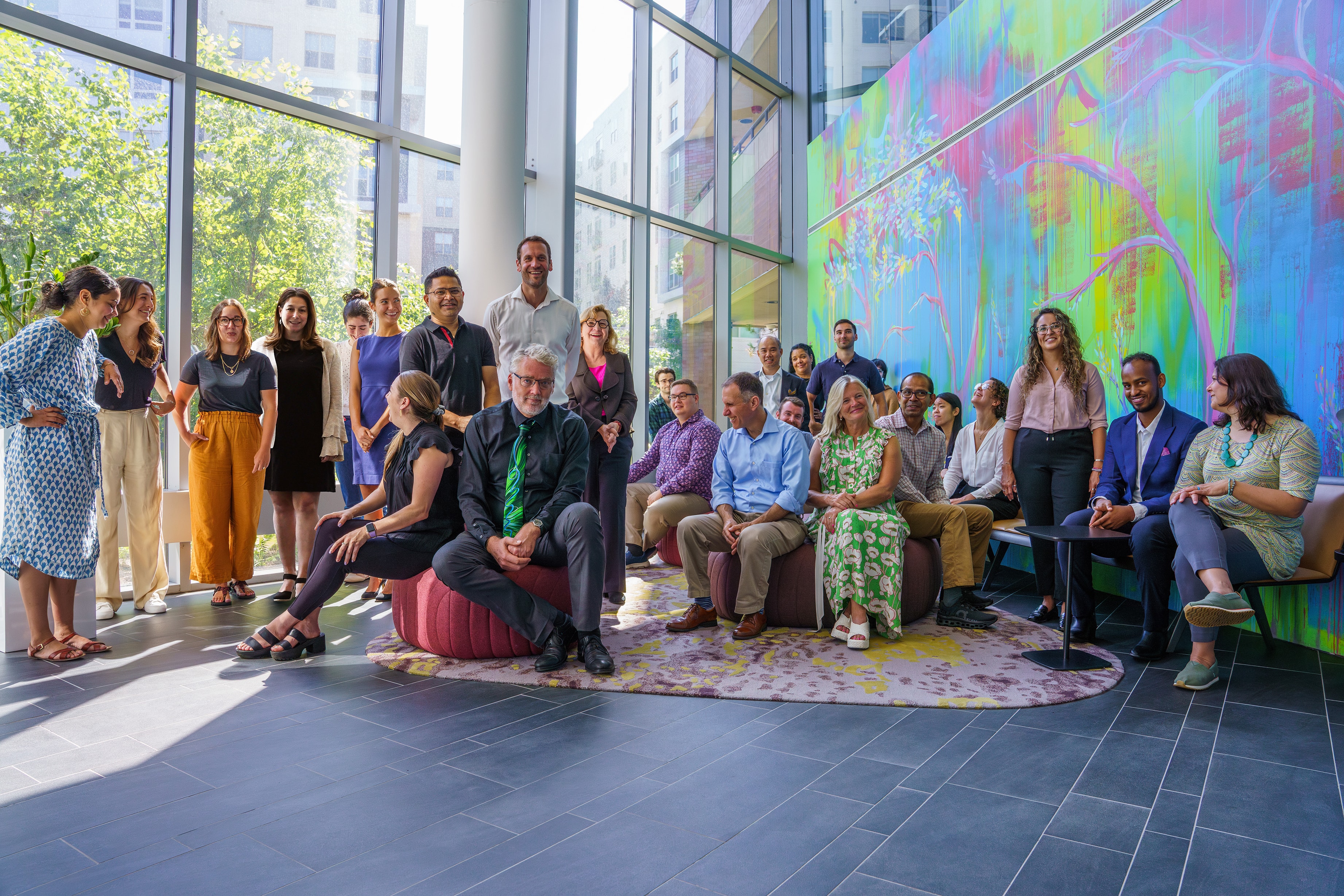July 11, 2023
QurAlis Receives Clinical Trial Authorisation (CTA) in the U.K. for QRL-201, a First-in-Class STATHMIN-2 Precision Therapy for ALS
U.K. CTA marks third regulatory clearance for Phase 1 ANQUR clinical trial of QRL-201 in ALS
QurAlis recently announced EU CTA and first patient dosed in Canada; enrollment completed in Cohort 1 portion of ANQUR
ANQUR is first-ever clinical trial to evaluate a therapy that rescues STATHMIN-2 expression in ALS patients
CAMBRIDGE, Mass., July 11, 2023 – QurAlis Corporation, a clinical-stage biotechnology company developing breakthrough precision medicines for amyotrophic lateral sclerosis (ALS) and other neurodegenerative diseases with genetically validated targets, today announced that the Medicines and Healthcare Products Regulatory Agency (MHRA) in the United Kingdom (U.K.) has completed review of the Clinical Trial Application (CTA) and has issued a notice of acceptance for QRL-201 for the potential treatment of ALS.
QRL-201 is a first-in-class precision therapeutic product candidate aiming to restore STATHMIN-2 (STMN2) expression in ALS patients. STMN2 is a well-validated protein important for neural repair and axonal stability and is the most significantly regulated gene by TDP-43 exclusively in humans. Its expression is significantly decreased in nearly all ALS patients and it is the most consistently decreased gene over all sporadic ALS patient data sets. QRL-201 rescues STMN2 loss of function in QurAlis ALS patient-derived motor neuron disease models in the presence of TDP-43 pathology.
“We are excited to announce this third regulatory clearance from the U.K. MHRA for the Phase 1 ANQUR clinical trial of QRL-201, our lead STMN2 program in ALS,” said Kasper Roet, Ph.D., CEO and co-founder of QurAlis. “QurAlis has completed enrolling patients in the Cohort 1 portion of the ANQUR clinical trial in Canada and recently announced the first patient has been dosed. We look forward to advancing ANQUR in the U.K. as part of our global strategy focused on bringing breakthrough precision medicines to patients with ALS and other neurodegenerative diseases.”
ANQUR (NCT05633459) is the first-ever clinical trial to evaluate a therapy that rescues STMN2 expression in ALS patients. The Company expects to initiate the Phase 1 ANQUR clinical trial of QRL-201 in the U.K. by the fourth quarter of 2023. QurAlis will present a poster about the ANQUR study design and Angela Genge, M.D., FRCP(C), chief medical officer of QurAlis will moderate the Therapeutic Section at the European Network to Cure ALS (ENCALS) meeting being held July 12-14, 2023 in Barcelona, Spain.
The U.K. Clinical Trial Authorisation (CTA) is part of a global regulatory strategy established by QurAlis for the clinical development of QRL-201, which also includes a cleared CTA in Canada and the European Union (EU). Participating countries in the EU CTA include Germany, Belgium, the Netherlands, and Ireland.
About the ANQUR Clinical Trial
ANQUR (NCT05633459) is a first-in-human global, multi-center, randomized, double-blind, placebo-controlled multiple-ascending dose Phase 1 clinical trial designed to evaluate the safety, tolerability, and pharmacokinetics of QRL-201 versus placebo in patients with amyotrophic lateral sclerosis (ALS). The primary objective of the study is to determine the safety and tolerability of multiple doses of QRL-201 in people living with ALS. The ANQUR clinical trial is expected to include 64 study participants with ALS across sites in Canada, the European Union, U.S., and United Kingdom.
Visit www.clinicaltrials.gov for more information about the ANQUR study.
About STATHMIN-2 and TDP-43
STATHMIN-2 (STMN2) is a well-validated protein important for neural repair and axonal stability, the expression of which is significantly decreased in nearly all ALS patients. Also known as SCG-10, STMN2 is a protein essential for the stabilization of microtubules which form an important component of the cytoskeleton of cells and axons. STMN2 is highly expressed in human motor neurons, the cells that primarily degenerate in patients suffering from ALS. In animal models, STMN2 deletion was found to cause axonal degeneration and loss of muscle innervation, which is the primary functional deficit that leads to paralysis in ALS patients.
Using human neuronal stem cell models from ALS patients, QurAlis co-founder and former Harvard professor Kevin Eggan, Ph.D., discovered in 2019 that the expression of STMN2 is regulated by TDP-43. The Eggan Lab showed that loss of normal TDP-43 function leads to a highly significant decrease in expression of STMN2 and an impairment in neuronal repair which could be rescued by restoring STMN2 levels. These results were published in Nature Neuroscience.
In addition to nearly all ALS patients, TDP-43 pathology is also associated with approximately 50 percent of patients with frontotemporal degeneration (FTD), the second most common form of dementia; about a third of Alzheimer’s Disease patients; and up to seven percent of Parkinson’s disease patients.
There are currently no cures for ALS or FTD. Limited therapeutic options are available for ALS and FTD patients who are in desperate need for effective therapies.
About QurAlis Corporation
QurAlis is trailblazing the path to conquering amyotrophic lateral sclerosis (ALS) and other neurodegenerative diseases with genetically validated targets with next-generation precision medicines. QurAlis’ proprietary platforms and unique biomarkers enable the design and development of drugs that act directly on disease-causing genetic alterations. Founded by an internationally recognized team of neurodegenerative biologists from Harvard Medical School and Harvard University, QurAlis is advancing a deep pipeline of antisense oligonucleotides and small molecule programs including addressing sub-forms of ALS that account for the majority of ALS patients. For more information, please visit www.quralis.com or follow us on Twitter @QurAlisCo.



